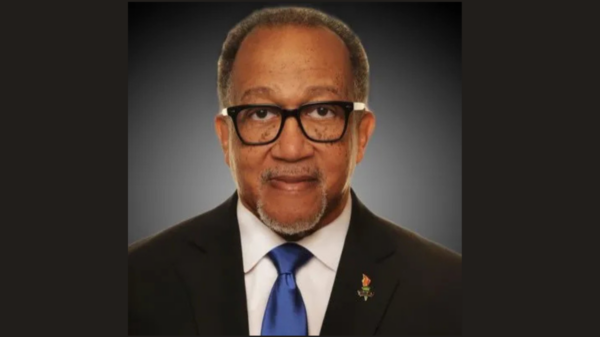By Isaiah Reynolds
Blavity
Reprinted – by Texas Metro News
https://blavity.com/

Natural disasters can strike at any time, but relief is a bit more picky.
A report from the Environmental Protection Agency’s Office of Atmospheric Programs found communities of color are the most likely vulnerable groups to be located in areas projected to be impacted by climate change.
In a recent study, Black Americans and communities on average receive less federal funding from the Federal Emergency Management Agency (FEMA) than their white counterparts. As natural disasters from storms, flooding, and extreme heat are only expected to become more aggressive, disparities in relief have the potential for systemic implications.
Under FEMA relief, property taxes and appraisals are used to determine relief funding. Nearly a century of financial redlining led to predominantly Black neighborhoods going uninsured by the Federal Housing Administration (FHA), barring Black people from homeownership. The FHA was relatively open about this form of segregation, creating official materials that stated “incompatible racial groups should not be permitted to live in the same communities.” In lieu of homeownership and high wages, Black Americans were either forced to move to public housing projects or segregated areas with worse land management or environmental protections.
The history of redlining left many majority Black neighborhoods underinvested and underdeveloped, leading to lower property values. Studies have shown positive correlations between higher average insurance rates and urban areas with higher populations of Black people, suggesting insurance in Black communities is more expensive.
When disaster strikes, these inequalities are even more disparate. Studies found that in counties experiencing disaster, Black residents receive an average of $27,000 while white residents receive up to $126,000 on average. When it comes to insurance payouts, homeowner insurance can be more thorough than renters insurance and when 56% of Black Americans rent their home compared to only 16% of non-Hispanic white Americans, Black residents often slip through the cracks in coverage.
As hurricane season becomes more destructive, each year faces new efforts to reconstruct and rebuild through insurance support. After the devastating impacts of Hurricane Harvey in 2017, Houston residents saw concerning differences in whose FEMA assistance applications were accepted and whose were not. A Kaiser Family Foundation report found 34% of white residents’ applications were approved while only 13% of Black residents’ received approval, although communities of color were disproportionately impacted by the storm.
Experts even point to the future of climate change to disproportionately impact Black communities and, subsequently, the relief they can access. The coming years are expected to bring about 40% higher chances for flood risks for communities with at least one-fifth Black population along the Gulf of Mexico, in the Southeast, and Texas.
A host of systemic issues prevent Black residents from receiving adequate disaster relief support and FEMA’s determinants of support are rooted in a history of underinvestment. In 2021, FEMA undertook initiatives to expand access to programs after President Biden’s executive order to support underserved communities through federal government agencies. Through simplifying of the eligibility process and reprioritizing casework, FEMA reported that those “changes have enabled 124,000 survivors to access over $709 million in assistance they would have previously been ineligible to receive.”
While premiums often correspond with risk for disaster, understanding why risks are higher for some communities over others could be an important step in addressing barrier in preparation and, eventually, post-disaster support.









You must be logged in to post a comment Login